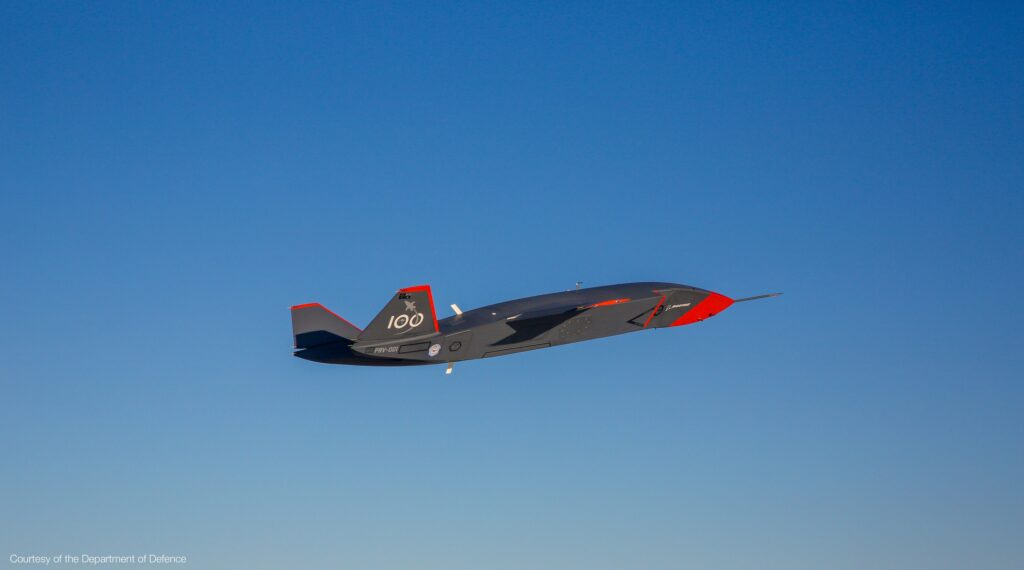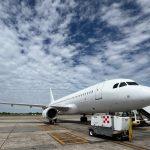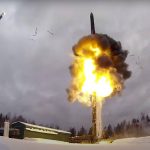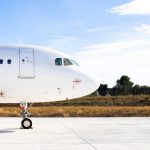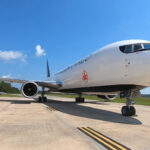The United States and Australia agreed to join Japan in developing next-generation unmanned aircraft, concentrating their efforts in the field of collaborative combat aircraft.
U.S. President Joe Biden and Australian Prime Minister Anthony Albanese issued a joint press release following their meeting at the White House, in which they signaled their intention to deepen the integration of their defense industries, in particular noting that their “intention to explore trilateral cooperation with Japan on Unmanned Aerial Systems. Our cooperation aims to enhance interoperability and accelerate technology transfer in the rapidly emerging field of collaborative combat aircraft and autonomy.”.
“We also affirm our commitment to bilateral cooperation on collaborative combat aircraft. Our cooperation will enhance interoperability and accelerate technology transfer in the rapidly emerging field of Unmanned Aerial Systems”, adds the statement, probably referring to the Loyal Wingman project that the U.S. aerospace giant Boeing is developing in Australia at the request of the Royal Australian Air Force (RAAF), the result of which is the MQ-28 Ghost Bat unmanned combat aircraft.
See also: XQ-58A Valkyrie unmanned aircraft piloted by an Artificial Intelligence for the first time
As a Japanese official told Nikkei Asia, «Japan has technology in artificial intelligence and robotics that can help improve these capabilities.»

The United States and Japan are already collaborating on unmanned systems. In December, Washington and Tokyo issued a joint statement that they would conduct joint research, development, testing and evaluation of autonomous systems capabilities. These unmanned aircraft will be a key part of the air dominance systems under development and complement the future sixth-generation fighters under development.

